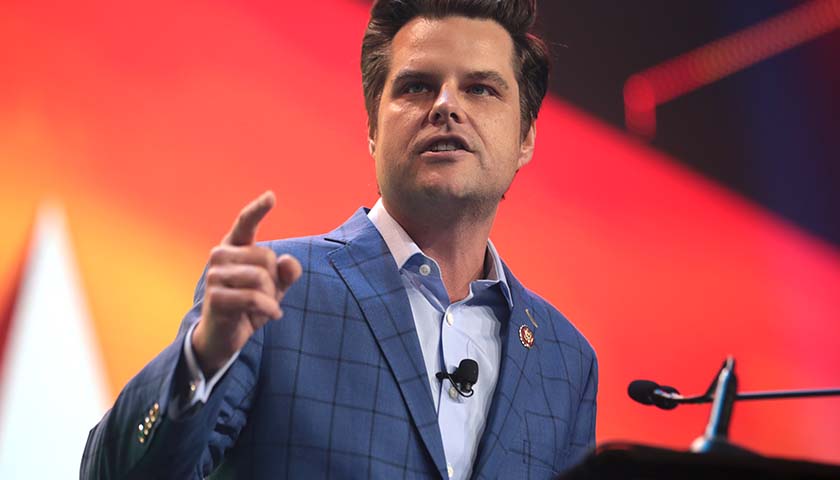by Stephen Whitney
Americans can’t seem to agree on much of anything anymore. We’re deeply divided on a wide range of issues: abortion, illegal immigration, gun rights, and so-called climate change, to name a few. In fact, one would be hard pressed to find a major political issue on which Republicans and Democrats overwhelmingly agree.
Political polarization is nothing new: Many countries experience it at one point or another. In America, we once could put our differences aside and settle things at the ballot box. Our electoral system, when functioning as intended, transcends partisan politics. Things are different today, though. COVID-era voting policies need to be reversed in order to restore faith in our electoral process.
The 2020 presidential election was chaotic, to say the least. In the run up to the election, many states changed their laws to allow greater access to absentee ballots. Not only were absentee ballots easier to obtain, they also were allowed to be counted well after the election. Quite a bit of weirdness followed. Poll watchers were prevented from entering polling locations. Vote counts suddenly and overwhelmingly shot up for Biden in several states. Voting machines showed irregularities.
Overall, it was a mess.
And while the mainstream media would have you believe that questioning the results was a sign of insanity, those who viewed the funny business that defined the 2020 election with suspicion were well in their right to do so. And to be frank, dismissing the concerns of half of the country is a surefire way to exacerbate existing political divisions. But such haughty condescension is what we’ve come to expect from our ruling class these days.
Given how chaotic the 2020 election proved to be, you would think that reverting to pre-COVID voting norms would be desirable for all parties. Sadly, that doesn’t appear to be the case.
The Democratic Party has not only refused attempts to return to the pre-COVID election status quo—it has sought to make every election like 2020. The For the People Act (H.R. 1) passed in the House in March 2021 but, thankfully, stalled out in the Senate. It would have implemented many COVID-era voting policies—nationwide mail-in voting without ID requirements, ballot harvesting, and so forth—at the federal level, thereby preventing states from doing things the once-standard way.
Fortunately, H.R. 1 is unlikely to make it out of the Senate, and 20 states wisely changed some voting laws to be more restrictive after the 2020 election (though some of these states changed other laws to be less restrictive). Florida, Georgia, and Texas enacted ID requirements, which render the absentee process more restrictive and secure. Texas also passed a law that criminalizes sending mail-in ballots to those who do not request them. Election officials who violate this law could face up to two years in jail.
Such laws are hardly extreme. After all, restricting mail-in voting in most cases would revert a state to its pre-2020 election norms.
Despite the efforts from some states to restore a bit of sanity to their elections, others refuse to budge. As such, it should come as no surprise that midterms were plagued by similar issues we saw in 2020. In Arizona, for example, the election featured a number of oddities. Republican gubernatorial candidate Kari Lake is currently challenging those results in court, and a judge has allowed her lawsuit to proceed on two counts.
We wish her the best. But it shouldn’t have to come to this.
Americans need to be able to trust their elections. Partisan divides over key issues are normal, but the electoral process, at least ideally, shouldn’t further those divides. We’re in a bad spot if both sides can’t agree on how we elect our representatives. How else are we to settle our political disagreements in a civilized manner?
Expecting half of the country to accept an electoral new normal that clearly exists only to benefit the other side is absurd. Those adamant that we conduct every election as if the coronavirus pandemic were still raging are responsible for politicizing our voting system. Meanwhile, the rest of us just want fair elections.
– – –
Stephen Whitney is a contributor for Intellectual Takeout.
Photo “People Voting” by Phil Roeder. CC BY 2.0.




